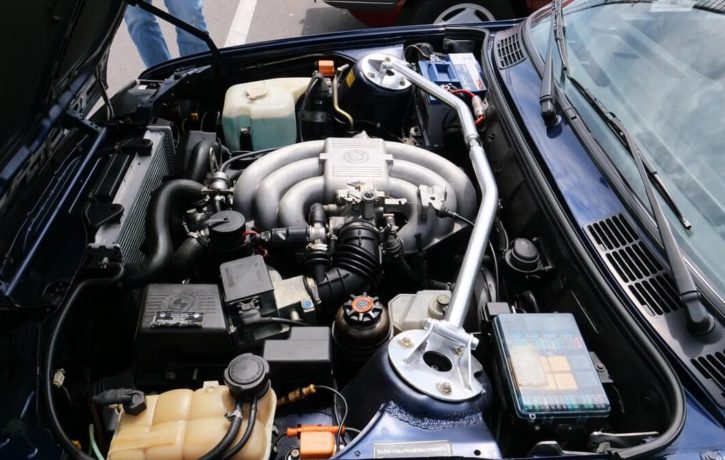In order to keep your engine in top condition, you need to make sure you’re taking regular care of it. From everyday maintenance to regular checks or part replacement, there are a number of preventative measures that you can take to limit the chances of something going wrong with the engine in the future. Our cars need some TLC and it’s undoubtedly the best way to ensure that things function well and so here, we’ve compiled some of our preventative maintenance tips to help your engine. If you do find yourself in need of repairs or someone to service your vehicle, get in touch with our team to book your appointment.
Everyday Maintenance
There are a few key checks that you should be doing ideally every day before you set off to drive. These checks are designed to ensure that everything is in top shape and that your vehicle is safe to drive. You can take a look at our full vehicle safety checklist for more.
- Coolant levels for an adequate amount
- Engine oil levels and quality
- Windscreen wash
- Fuel levels
- A visual inspection for any damage or concerns
Routine Maintenance
There are some checks and replacements that you don’t have to do every single day, but that will increase the longevity of your engine if a proper maintenance schedule is followed. These include changing the spark plugs and filters regularly, changing the oil when needed and keeping things clean and free of dirt and grime. You should:
- Get Regular Oil Changes
The time between each oil change on your vehicle will ultimately depend on the oil used, the car you have and how often you drive it. In most cases, modern oils are designed to last around 5,000-7,500 miles before a change is advised, though this will vary. If you are unsure, check with your vehicle manufacturer or the manufacturer of the oil itself to see advice but don’t take this as gospel. You should be checking your oil levels and quality regularly to ensure that it is clean and there is enough to drive safely and keep your engine in top condition.
- Spark Plug Changes
Spark plug are another part of your car that will need regular replacement, however, this is usually every 30,000 miles depending on the vehicle and spark plugs you have. As standard, 30,000 miles is advised to ensure that the plug is changed before it can become faulty or a potential problem, so it’s important to stick to these schedules. However, high performance and long-life spark plugs may have a different lifespan to standard ones. High-performance spark plugs, for example, will need replacing far more often, while long-life spark plugs can last for anything up to and beyond 20,000 miles.
You can also have existing spark plugs serviced, in which the engineer will clean the plug and around the wires to ensure that dirt doesn’t build up and cause rusting or blockages before its optimum lifespan.
- Keep Things Clean
Dirt can be one of the biggest enemies to an engine, creating blockages or poor performance depending on where the dirt has built up. In filters, for example, build-up of dirt can cause blockages which may limit performance, while build-up of leaves, insects and other road debris can leave a layer of grease over your engine and in your filters, causing issues with heat or cooling down. Using a good degreaser for your engine and having your filters replaced or cleaned regularly will ensure that this doesn’t become a huge problem for your engine. It’s also important to pay attention to any odd smells or smoke, as this could be an indication of dirt build-up within or around the engine.
A car’s engine is sturdy but not unbreakable, but with the right TLC and maintenance, it’s easy to prevent potential breakages or issues that may arise in the future. Stick to the maintenance schedule and replace the parts when they’re needed, and book your vehicle in for a full service to ensure your engine and the rest of your vehicle remains in top shape. Get in touch to find out more.

